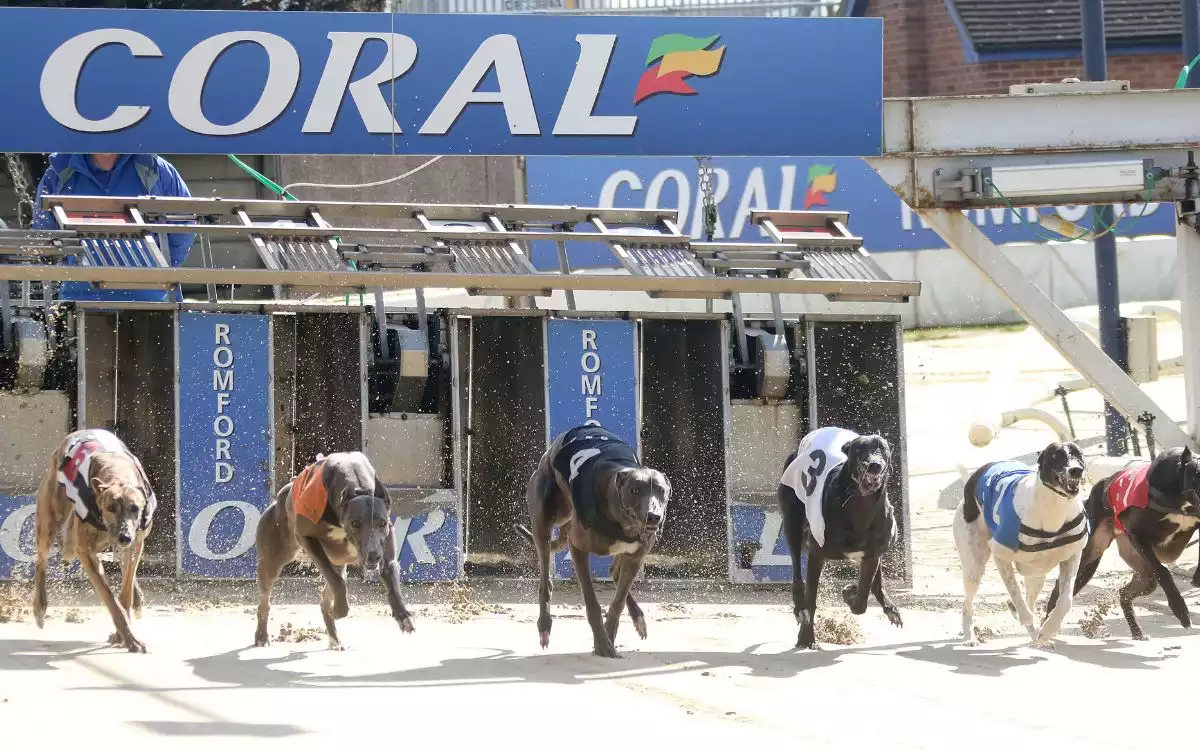Animal Welfare Concerns
Scotland appears set to follow in the footsteps of Wales by banning greyhound racing. The move would be possible through a Scottish Green Party bill that aims to outlaw the practice. Scottish National Party (SNP) ministers have confirmed their support.
The legislation, proposed by Green MSP Mark Ruskell in February 2024, highlights the dangers greyhound racing poses to dogs and the role of the sport in promoting gambling.
In a letter to MSP Ruskell, Holyrood ministers expressed their agreement with the bill’s general principles. They stated that there are “genuine risks” to racing dogs.
While the SNP-led government will propose changes to the bill, their backing indicates Scotland will become the second UK nation to outlaw greyhound racing. Potential changes may concern enforcement mechanisms and the proposed timeline.
The bill argues that greyhound racing exists solely for gambling purposes. The sport therefore exploits animals purely for monetary game and encourages gambling. The bill describes gambling as: “An activity which can have very negative consequences for individuals, their families and communities."
Scotland currently has no operational greyhound racing tracks. The country’s remaining venue has been closed for several months. It is widely expected that the site will be repurposed for housing, following the pattern of other closed tracks. Despite this, the government’s support for the ban has been welcomed by animal welfare groups who see it as proactive.
Ongoing Dispute
The Royal Society for the Prevention of Cruelty to Animals (RSPCA) has long campaigned for an end to greyhound racing. They note that the sport is now legal in only nine countries worldwide. The organisation has cited recurring injuries and high mortality rates for racing greyhounds as justification for ending the practice.
Not all stakeholders agree with the need for a legislative ban. The Greyhound Board of Great Britain (GBGB) has criticised the bill. They call it a waste of time given the absence of greyhound racing in Scotland. Holyrood failed to meet child poverty targets this year as nearly a fifth of children in Scotland suffer absolute poverty.
The GBGB is also challenging the recent ban in Wales through a judicial review. In February, Wales became the first UK nation to formally ban greyhound racing. At the time, Lisa Nandy, Secretary of State for the Department of Culture, Media and Sport, stated there were no plans for a UK-wide ban. GBGB Commercial Director, Mark Moisley, pointed out at the time that 2026 is the centenary year of greyhound racing in the UK.
International Changes
Internationally, New Zealand has also announced plans to end greyhound racing. Last month, Racing Minister Winston Peters confirmed the practice would be banned in 2026. He acknowledged efforts by Greyhound Racing New Zealand to improve safety but said the progress was not enough to justify continuing the sport. The ban will go ahead due to persistent injuries and unacceptably high mortality levels. There will be a 20-month cooling off period as animals are rehomed and operations are wound down.
If passed, Scotland’s legislation would mark another significant step in the decline of greyhound racing, reflecting a growing concern for animal welfare in the gambling world.










